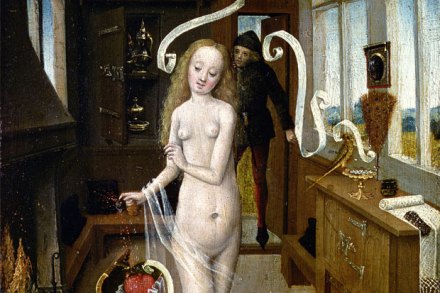Corbyn’s shadow puppets
Wrapped in his fantasy world of a Labour party ruling the country in accordance with the diktats of those of its members who support him, Jeremy Corbyn reminds one of Plato’s image of humans trapped in a cave, able only to see the wall in front of them. Behind them, at the opposite end of the cave, is a fire, and in front of that, a puppet show. The shadows of those puppets, cavorting on the wall in front of him, are man’s reality. And Corbyn’s. His MPs are right to want a party connected to the real world, but is a leadership battle the right way to go about







